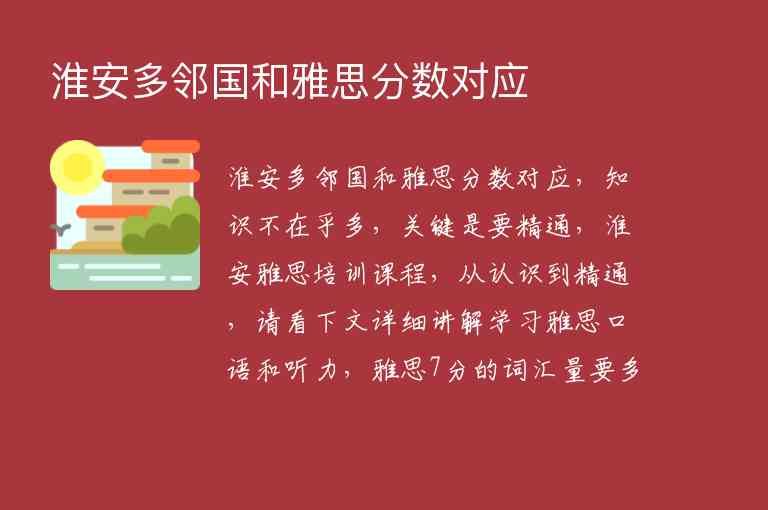couplet是指一对相连的诗句或歌词,通常是由两行组成的,它们之间有着韵律和意义上的。在诗歌、戏曲、歌谣等文学作品中都可以见到couplet的身影。它通常用来表达作者的情感、抒发思想或者点明主题。
怎么读(音标)
couplet [ˈkʌplət]
用法
couplet作为名词,可以用来表示一对相连的诗句或歌词。它也可以用来指代一对夫妻或情侣。此外,在英国文学中,couplet也指代十四行诗中最后两行组成的部分。
例句1-5句且中英对照
1. The couplet at the end of the poem perfectly sums up the author's message.(这首诗末尾的对联完美地总结了作者想要表达的信息。)
2. The couplet in this song is so catchy, I can't get it out of my head.(这首歌里的对联非常容易上口,我忘不掉它。)
3. The couplet competition at the poetry festival was fierce, with many talented poets participating.(在诗歌节上,对联比赛非常激烈,许多有才华的诗人参加了比赛。)
4. In Chinese culture, couplets are often hung on the sides of doors during the Spring Festival for good luck.(在文化中,春节期间通常会在门的两侧挂上对联,以求好运。)
5. The couplet of this play reflects the main theme and message of the story.(这部戏的对联反映了故事的主题和寓意。)
同义词及用法
couplet的同义词包括:pair, rhyme, verse, stanza。它们都可以用来指代一对相连的诗句或歌词。但是,pair更常用于指代两个物品或人;rhyme则强调韵律;verse可以指代一首短诗或歌曲中的一行;stanza则指代诗歌中由若干行组成的一个部分。
编辑总结
couplet是一种常见的文学修辞手法,在各种文学作品中都可以见到它的身影。它有着简洁明了、易于记忆和抒发情感等特点,因此备受作者和读者的喜爱。除了在文学作品中使用,我们也可以在日常生活中欣赏到couplet的美妙之处,比如门前挂上吉祥对联来迎接新年。希望本篇文章能够帮助大家更好地理解和使用这个词汇,并且能够在写作和阅读中更加灵活地运用它。


